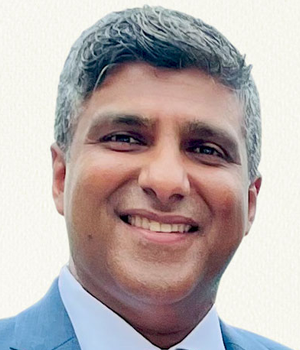AR management is a vital part of the medical billing process and is crucial for the financial stability and success of a medical practice. Accounts receivable basically refers to the sum owed to the medical practice for the services provided but not yet paid for. AR management strategies need to be payer-specific (for reimbursements) and patient-specific (for co-pays, deductibles, etc.).
In medical billing, following up claims after submission would reduce accounts receivable by reducing the number of days from submission to payment. Ideally, the claim should be submitted within 72 hours after service has been provided. The process of managing account receivables involves tracking unpaid accounts, assessing payment action, and applying procedures to secure payment.
The main aspect of managing accounts receivable is to make sure claims get paid and that patients pay balances that are due. A Medical Group Management Association (MGMA) survey reported that up to 25% of the patient services that many medical practices render are going unpaid. Moreover, a study by the Centers for Medicare and Medicaid Services (CMS) shows only 70% of the medical claims are reimbursed the first time on submission. It also revealed that 18 out of 30 claims are not resubmitted to the insurance companies, leading to huge losses for the medical practitioner.
Improving Collections
The longer the accounts go uncollected, the greater the loss of revenue and the greater the amount of resources that the practice would need to set aside for collection efforts. The key to resolving this issue is to include accounts receivable aging and days or months outstanding in a monthly key indicator financial report. Keeping an eye on the timeframe of the balances will provides an idea about
- The age of the insurance claims
- The number of times statements have been sent to patients
- How long it is since the last payment was made
- How close the claims are to reaching the timely filing limit
- How many claims did not go through
MGMA recommends the following strategies to improve collections:
- Analysis of collections by payer: It is necessary to identify which insurance companies are slower to pay and which ones have a higher volume of denials
- Assessment collections from patients: The practice needs to collect all the copayments, prepayments, and outstanding payments at the time of service. Patients should be educated on the payment process before or at the time of service
- Calculation of the frequency of errors that delay collections: Practices should take note of repeated errors in gathering patient data, coding, billing, or other processes. These are indications of the areas in which changes need to be made.
- Leveraging the medical billing program: The software should be able to notify the staff when accounts are past due so that follow-up steps can be taken
- Involvement of staff: There must be a team to track specific payers; regular meetings should be called to discuss A/R status and problem areas, and identify collection techniques that work.
Professional Support for AR Management and Collections
While regular, consistent and effective management of AR is critical to ensure financial success, regular changes in rules and complex payer processes make it difficult for healthcare facilities to collect the amount due to them. That’s why it’s critical that a practice’s billing cycle and claims processing are handled by experts.
Little or no follow-up to claims can cause bad debt to pile up. Having trained personnel and adequate resources to follow up on claims is needed to successfully carry out the process. The best option in such situations is to rely on the professional AR management solutions provided by a reputable medical billing and coding company. With separate teams for billing and coding, analysis, reporting and resolutions, the right service provider can help streamline these processes to minimize delays and expenses and manage the AR in a strategic manner.


